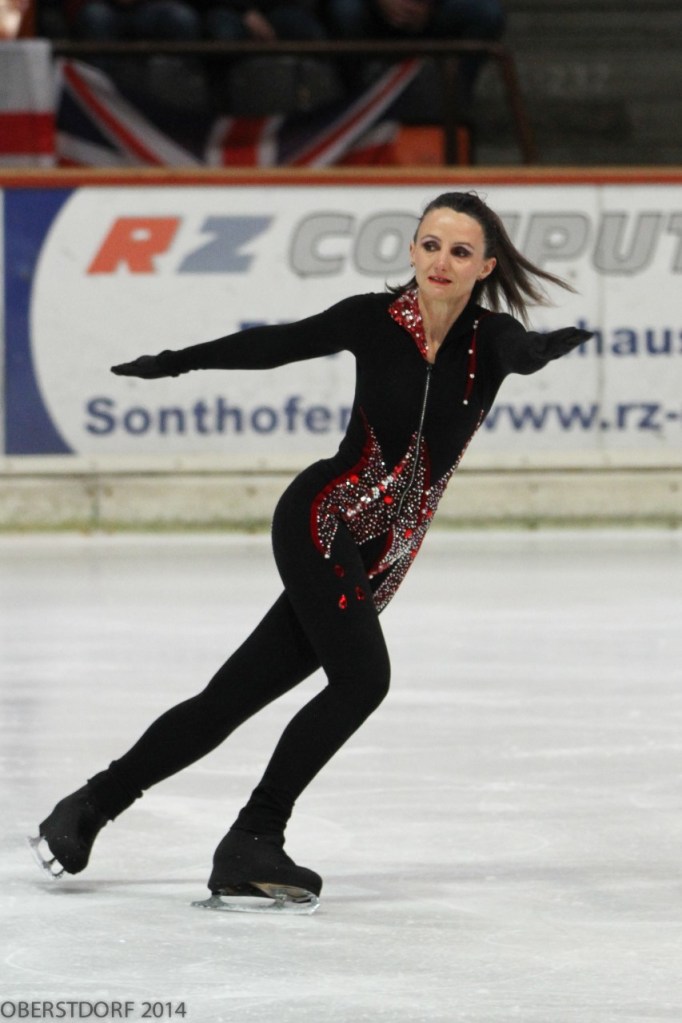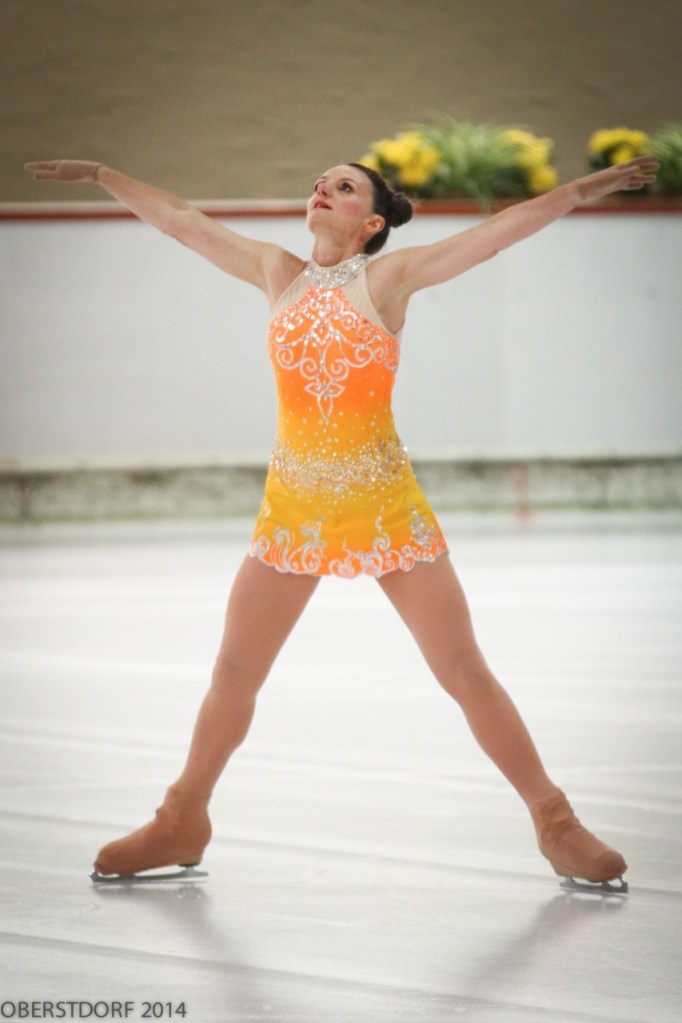A lot of the recent movement in businesses has been out the door. How can movement programs help leaders keep staff on the job?
Key Takeaways

What is the importance of healthy ageing? If you’ve spent a work-lifetime sitting at a desk, eating corporate lunches and disrupting your everyday routine with international business travel, what impact does it have on your body and mind?
The question that leaders need to answer becomes: What might make people start moving again, particularly if they are working from home, becoming disconnected socially from co-workers that they might have joined in office-led activities or sports?
Healthy ageing isn’t something that happens in our 60s, 70s and beyond – it’s a lifelong process and our 30s, 40s and 50s is a critical period, says Dr Gordon Spence, a performance psychologist who developed the Healthy Ageing Project.
“If we want to re-establish and sustain a regular pattern of physical activity, it’s worth taking enjoyment seriously and seek physical pursuits that we have some inherent interest in, rather than just doing the last thing we did, such as the gym, or the first thing someone tells us to go and do.”
Spence explains that we know movement is good for us, but we don’t do enough.
Sometimes, exercise is a word with baggage and often perceived negatively, he says, and he adds that most health promotion is inherently prescriptive, basically telling people what to do.
“But most people don’t like being told what to do,” says Spence, and this can deter people from getting started or continuing if they do start moving.
Spence’s most recent book, 26 Ways to Keep Moving, written with his son, Riley, showcases some of the people who have rediscovered physical activity and are using it to enhance their work and their lives.
Aylin Dulagil features in the book and tells her story to Forbes Australia, saying, “I was in my early 40s and wondering how to reinvigorate my everyday life. Having loved ice skating as a child, I stepped back on that ice and that was it.”

Now, more than 10 years later she is competing around the world and using what she has learned to help herself be strong physically and mentally as she ages. She says challenging herself with sport has helped with her work as a psychologist and executive coach.
“By keeping moving and doing something that gives me joy, skating helps me build persistence, consistency, manage anxiety, apply myself, it shows me the importance of practice and applying myself and making the effort. It is so much more than the physical aspect.
“My sport gives me perspective. When I start thinking ‘this is hard’ I know from skating I can keep going and succeed. When I am working, if I am fearful, I can talk myself down and unhook from my thoughts that won’t help me.
Dulagil uses her skating experiences to help her to focus and says it gives her mental toughness. “It helps with making sure I can keep moving as I get older. It was a driver for me to increase my overall fitness and do dance classes.”
She says skating has taught her humility, to work hard, acceptance of her unique strengths.
“It teaches the importance of not comparing yourself to others and gives me empathy for other people’s journeys,” Dulagil says.
“It’s a constant celebrating of small wins, it builds self-confidence and self-esteem. You’re socialising with like-minded people, and it can really set you up for the day. Dance is good for ageing, because cognitively it is very powerful.”
Spence advocates that companies should be moving from directive, health promotion programming approaches to more collaborative, health-activation type approaches that are more employee centric.
“If organisations are wanting to make their corporate offices more ‘destination worthy’ and attract people to come in, then wellbeing initiatives could be one way to do that, especially if the emphasis is on people sharing positive stories about their chosen physical pursuits and how those enhance their life,” Spence says.